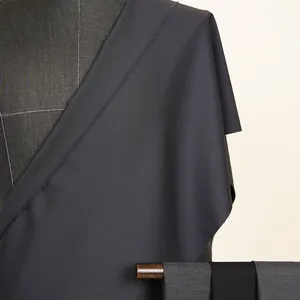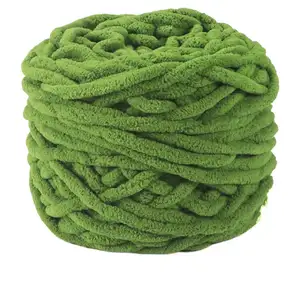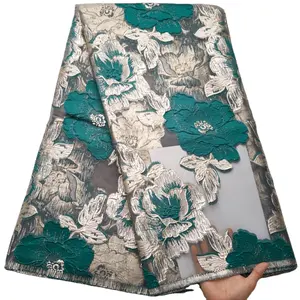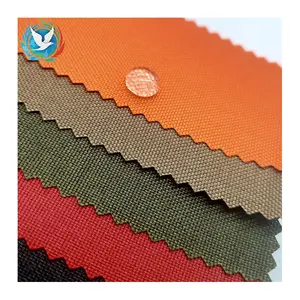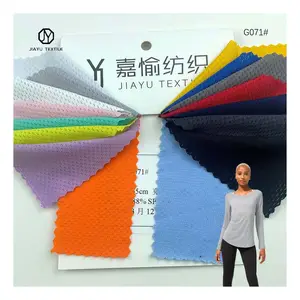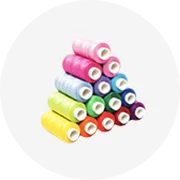Popular in your industry






























































Top categories
About 2520d ballistic nylon fabric
Discover the Durability of 2520D Ballistic Nylon Fabric
The 2520D ballistic nylon fabric stands as a testament to innovation in textile engineering, offering unparalleled durability and resistance. This fabric is a heavyweight contender in the world of synthetic textiles, designed to withstand extreme conditions and provide long-lasting performance.
Composition and Construction
At the core of 2520D ballistic nylon is a meticulous construction process. The 'D' in 2520D refers to denier, a unit of measurement that denotes fiber thickness. A higher denier indicates a thicker, sturdier thread. The fabric is woven in a specific ballistic weave pattern that enhances its tear and abrasion resistance, making it a preferred material for products requiring robustness.
Applications and Versatility
The versatility of ballistic nylon fabric extends to various applications. Its resilience makes it an ideal choice for protective gear, luggage, and heavy-duty equipment cases. Moreover, its resistance to water and dirt adherence contributes to its widespread use in outdoor gear, including weather-resistant covers and durable linings for bags.
Functional Features
The functional benefits of 2520D nylon are numerous. Its inherent elasticity allows for a degree of stretch, providing comfort and flexibility in athletic apparel. The lightweight nature of the fabric ensures ease of movement, while its quick-drying properties keep moisture at bay, enhancing the fabric's suitability for active wear and travel garments.
Material Advantages
One of the key advantages of ballistic nylon is its longevity. The fabric's ability to retain color and resist bacterial growth ensures that it remains vibrant and hygienic over time, even with frequent use and exposure to the elements. This makes it a practical choice for items that are used regularly and require minimal maintenance.
Environmental Considerations
As the textile industry moves towards sustainable practices, the production of nylon 6 and nylon 6.6 fabrics is also evolving. These materials are known for their recyclability, contributing to a more circular economy by reducing waste and promoting the reuse of resources.
